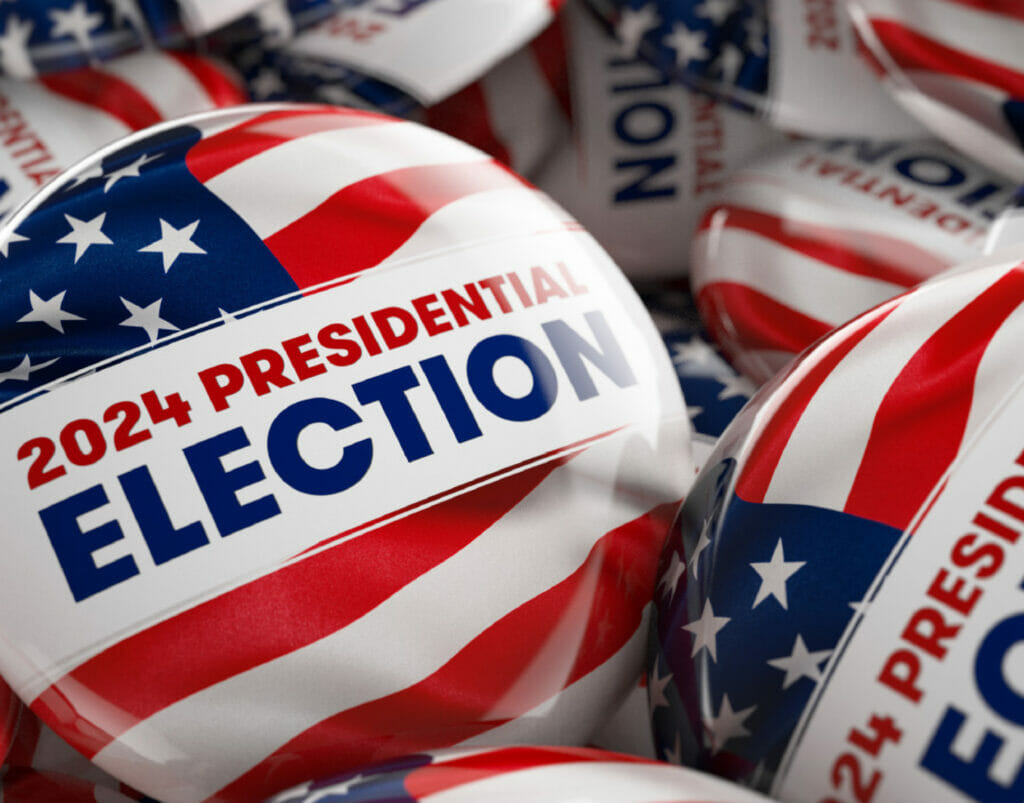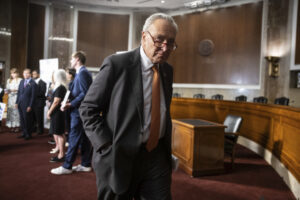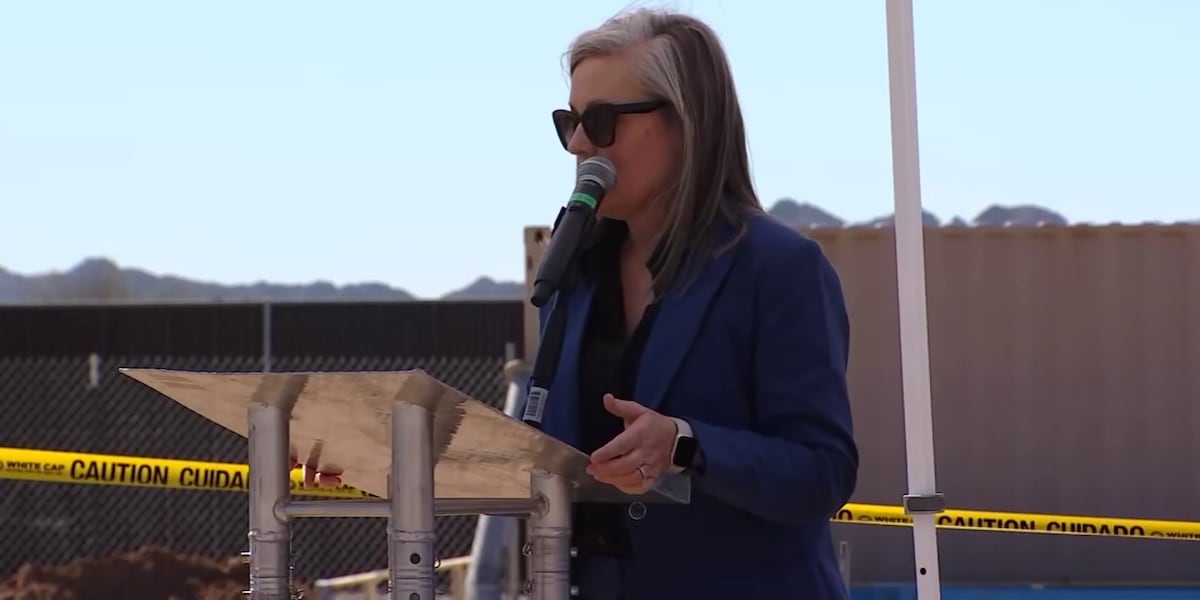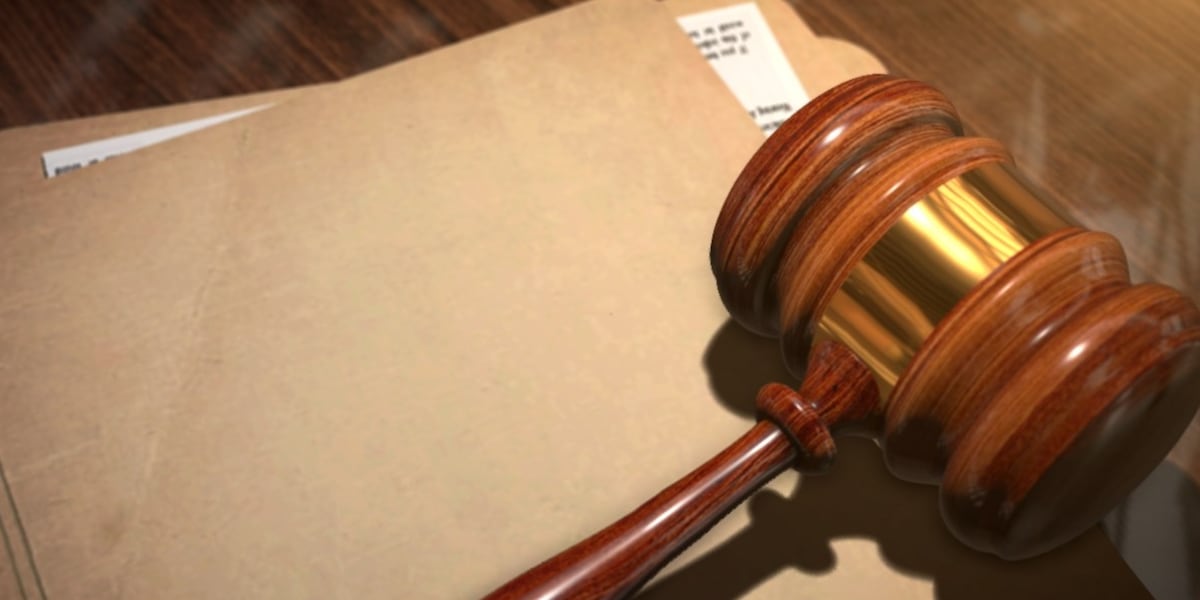Who will you vote for in 2024?

In a recent comprehensive survey conducted by CBS26, probing the pulse of Maricopa’s political sentiments, a diverse tapestry of opinions emerged, shedding light on the city’s potential leanings for the upcoming presidential elections. Among the 2,800 Maricopa residents polled, a notable trend surfaced: a resounding 3 in 5 respondents indicated a proclivity towards voting for Democratic candidates in the imminent 2024 elections.
Amidst the speculation and anticipation surrounding the Republican presidential primary, wherein the nominee will potentially challenge the incumbent President Joe Biden, CBS26 delved into the predictions of its viewers. The findings revealed intriguing insights into the perceived frontrunners within Maricopa’s Republican demographic.
A significant quarter of the surveyed respondents envision the possibility of former President Donald J. Trump clinching the city’s Republican vote, signifying his enduring influence within the political landscape. In a tight race for favor, former South Carolina Governor Nikki Haley emerged as a prominent contender, garnering 20% of the anticipated votes, showcasing her enduring appeal among Maricopans.
Surprisingly, pharmaceutical entrepreneur Vivek Ramaswamy, positioned as the youngest candidate among the contenders, secured a modest 1% share of the hypothetical votes, signaling a niche following or perhaps a lesser-known stance within the city.
Despite the palpable interest and involvement reflected in these projections, a segment comprising 8% of Maricopa’s populace remains undecided, echoing the broader sentiment of political ambivalence prevalent in the run-up to the elections.
However, the survey uncovered a disheartening trend, revealing that 29% of Maricopa residents surveyed exhibited a disinterest in participating in the electoral process. Aligning with a recent study by the Public Religion Research Institute, which unveiled a similar disengagement nationwide, 9% of voters across the U.S. expressed an unlikelihood to cast their ballots, while a more concerning 13% unequivocally affirmed their decision to abstain from voting altogether.
This intricate mosaic of viewpoints not only delineates the divergent political affiliations shaping Maricopa’s electoral landscape but also underscores the prevailing apathy and uncertainty encircling civic participation, signaling a broader challenge for civic engagement and political mobilization.






